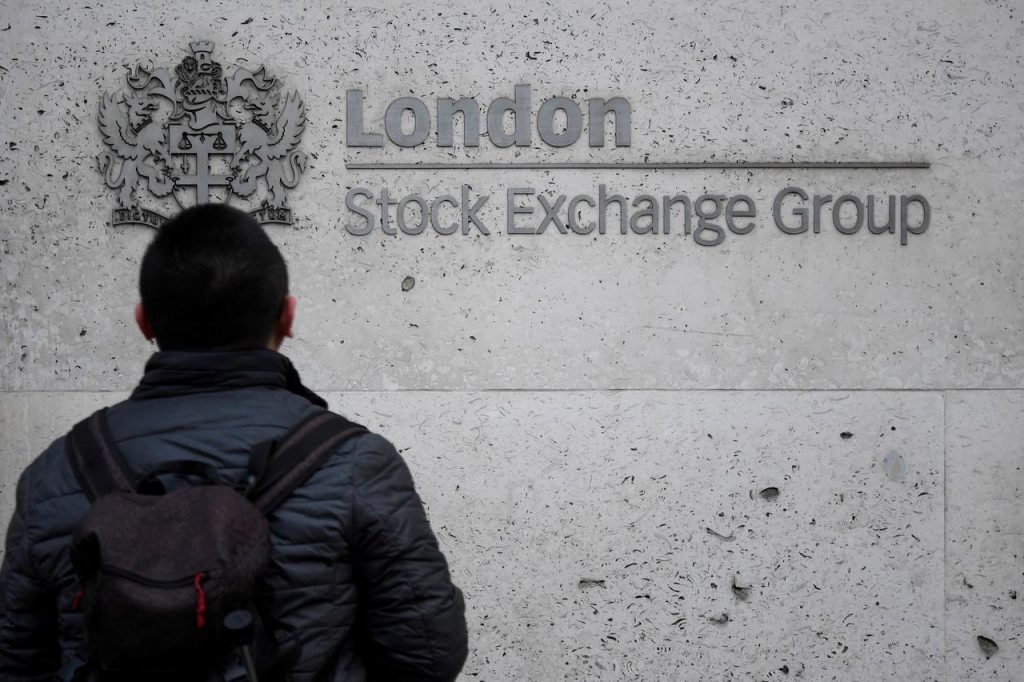The COVID-19 pandemic has led to a spike in investment among Britons, with millennials leading the way as they turn increasingly to the stock market.
The crisis pushed UK household consumption down by a record 9.5 billion pounds in the first quarter as spending on restaurants, clothes and cars plummeted, official data shows.
That drop in spending has led to a pick-up in equities investment by people frustrated at low savings rates, particularly among so-called millennials born after 1981,
Investment platform Interactive Investor said that openings of tax-efficient self-invested personal pensions (SIPPs) and ISA investment accounts by 25 to 34 year olds jumped more than 250% year on year in the second quarter as low rates on regular savings products boosted the appeal of alternatives offering potentially greater returns.
A survey from fund tracker Calastone found that 69% of British millennials with investment portfolios have added to them in the past month or plan to do so in the next month.
That’s the biggest proportion among the four age groups categorised by Calastone, with only 29% of the 1950s-born “older baby boomers” chalking up new investments in the past month or making plans to do so in the next month.
Tom Butterworth, a 25-year-old account manager from London, is among the growing cohort of millennials trying stocks for the first time, joining a broader trend of increased retail investment in stock markets.
‘GOOD TIME TO BUY’
“I can see that during this crash is a good time to buy due to prices being so low … I have only just come into a position where I feel comfortable investing a small amount each month,” he said.
Butterworth plans to invest about 200 pounds a month, mainly in funds tracking the UK stock market.
More than a quarter of millennials born between 1981 and 1996 said the market crashes in the first four months of 2020 were tempting them to invest, a poll by personal finance comparison site Finder.com found. That compared with only one in 10 among those born before World War Two.
The engagement with equities investment by millennials is all the more striking given the financial uncertainty many face, particularly those placed on furlough or on zero-hours contracts and juggling student debt.
Sam Gilmore, a 25-year-old teacher from Salford in northwest England, started investing in January, putting 100 pounds a month in a range of index-tracker funds.
The sharp markets crash in March quickly depleted his early gains but he plans to continue.
“I’m going to stick to my guns and keep investing a consistent amount,” Gilmore said, adding that he would only invest what he could afford to lose and that, as a young investor with time on his side, he could ride out the downturn.


